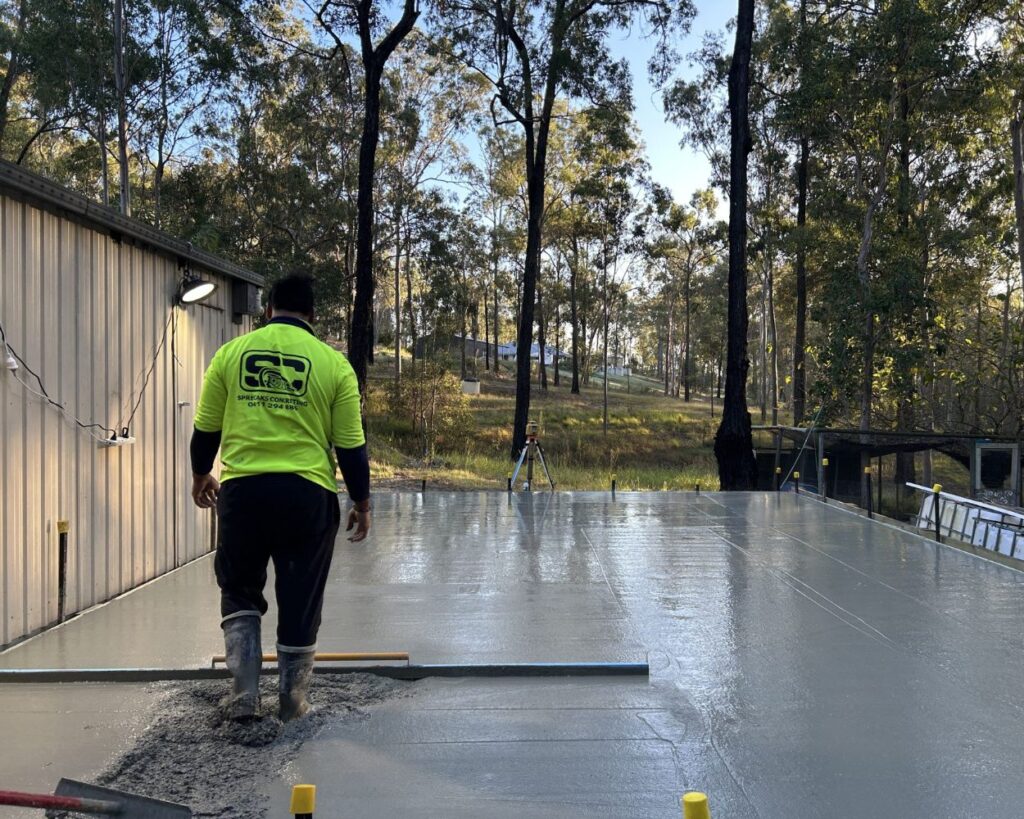
In Australia a local Brisbane concreting company has taken a commendable step towards ensuring workplace safety and enhancing productivity through voluntary drug testing—a measure not mandated by Australian law but adopted by this business following a serious incident. This case study explores how the company’s proactive approach has not only improved safety on-site but also boosted work efficiency, setting an example worth noting by industries worldwide, including those in the U.S.
The Incident That Sparked Change
The turning point for the Brisbane-based company came after a distressing incident where a worker, under the influence of illicit substances, was involved in a crash en route to the work site. This event highlighted the potential risks posed not just to the individual employees but also to public safety and the integrity of the company’s operations. It prompted the management to reevaluate their safety protocols and implement a policy that would ensure such an incident would not occur again.
Implementing a Drug Testing Policy
Understanding the risks associated with impaired judgment and reduced motor skills in a high-stakes environment like construction, the company decided to introduce a drug testing policy. While drug testing is not a legal requirement for most businesses in Australia, the company’s management felt it was imperative to go beyond the minimum legal standards to safeguard their employees and the quality of their work.
The policy was introduced with clear communication about its intent to maintain a safe workplace rather than to invade personal privacy. Workers were asked to consent to regular and random drug testing as a condition of their employment. The company ensured transparency in the process by partnering with a reputable third-party provider to conduct the tests, thus maintaining confidentiality and impartiality.
The Results: Safety and Efficiency
The outcomes of implementing the drug testing policy were quickly apparent. First and foremost, the workplace became safer. The clear policy helped deter drug use, which reduced the likelihood of accidents related to impairment. Moreover, employees expressed feeling more secure at work, knowing that measures were in place to prevent potential harm caused by others’ impaired abilities.
Another significant impact of the drug testing policy was on work efficiency. With the assurance that all team members were fully capable of performing their tasks effectively, project timelines improved. Tasks were completed more swiftly and with fewer errors, leading to an increase in overall productivity and client satisfaction.
Ethical Considerations and Employee Support
To address any concerns about privacy and the potential stigma associated with drug testing, the company took several ethical considerations into account. They provided support for employees who tested positive, including access to counseling and rehabilitation programs, rather than immediate termination. This supportive approach helped maintain a positive work environment and encouraged employees to seek help if they were struggling with substance abuse.
The policy was framed not just as a testing program but as part of a broader commitment to employee well-being. This comprehensive approach ensured that the policy was received not as punitive, but as a protective measure for the employees and the company alike.
Lessons for the Global Industry
This case study from a Brisbane concrete company provides valuable insights for construction businesses globally, including those in the U.S., where drug testing is more commonly mandated across various states. It demonstrates the benefits of proactive safety measures and the importance of ethical management practices.
Companies considering similar measures can learn from this example the importance of transparency, employee support, and ethical considerations. By prioritizing safety and efficiency, businesses can protect their workforce, reduce risks, and improve their operational outcomes.
